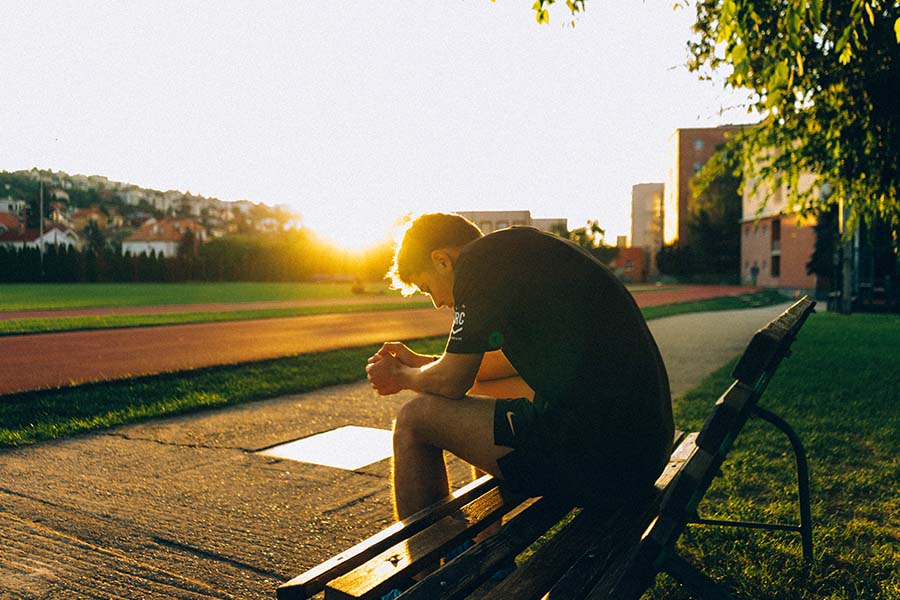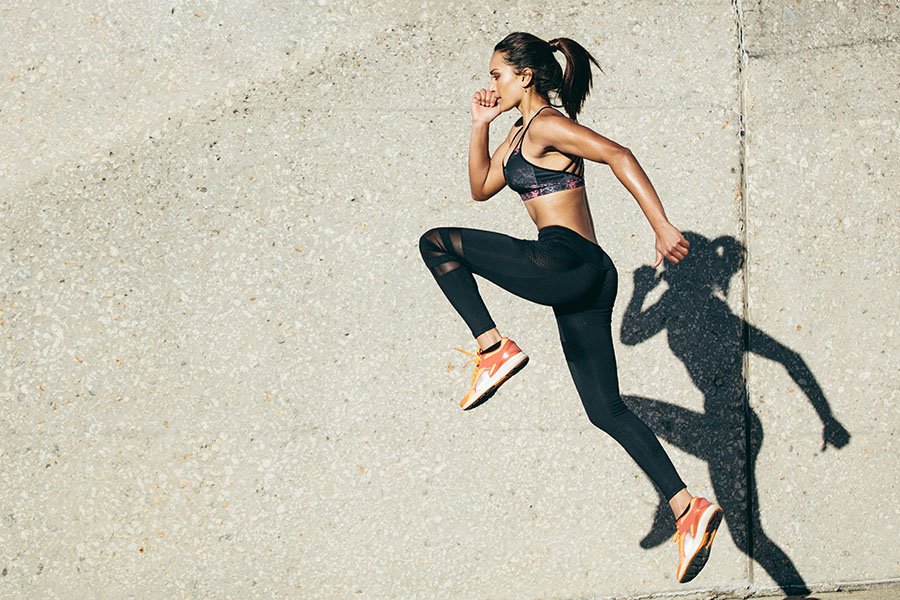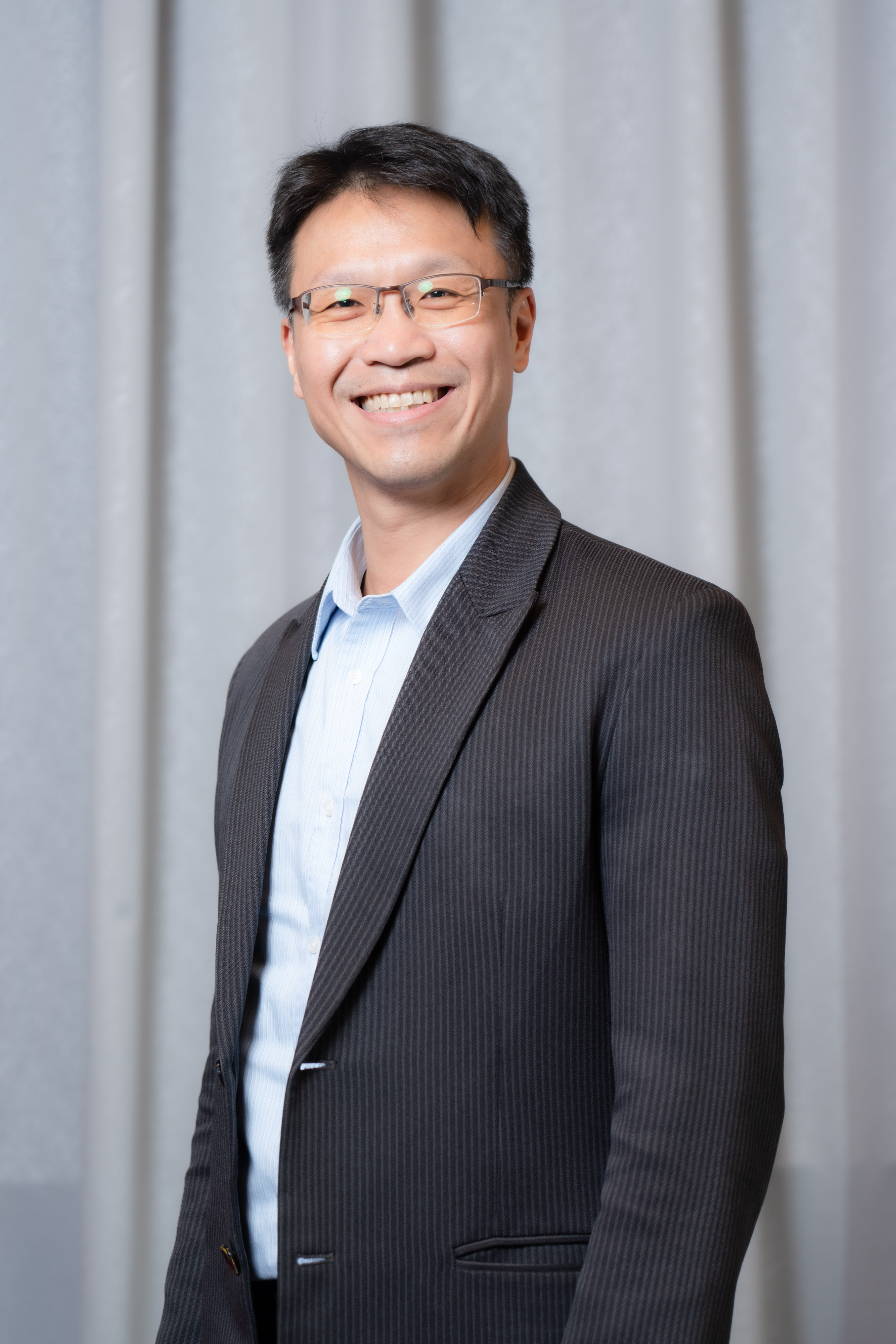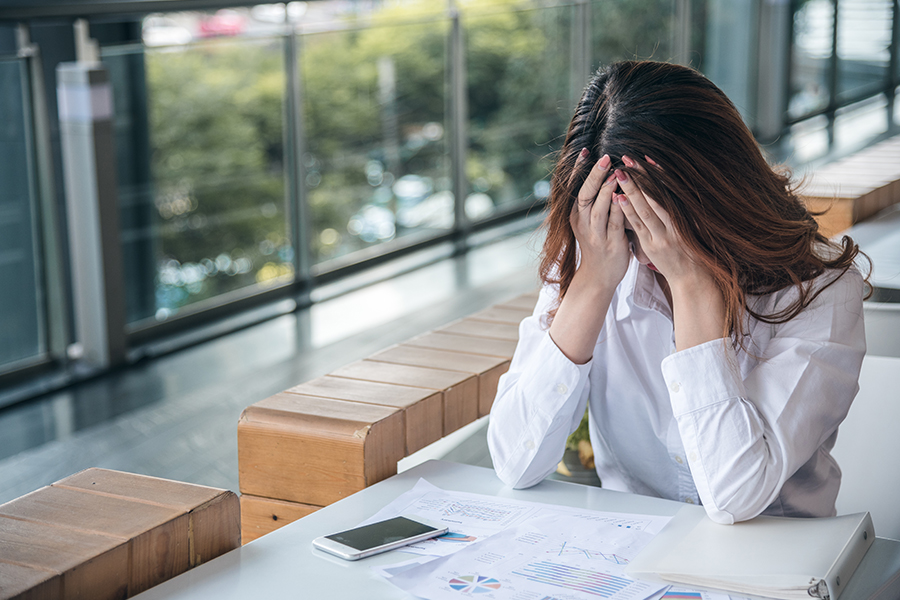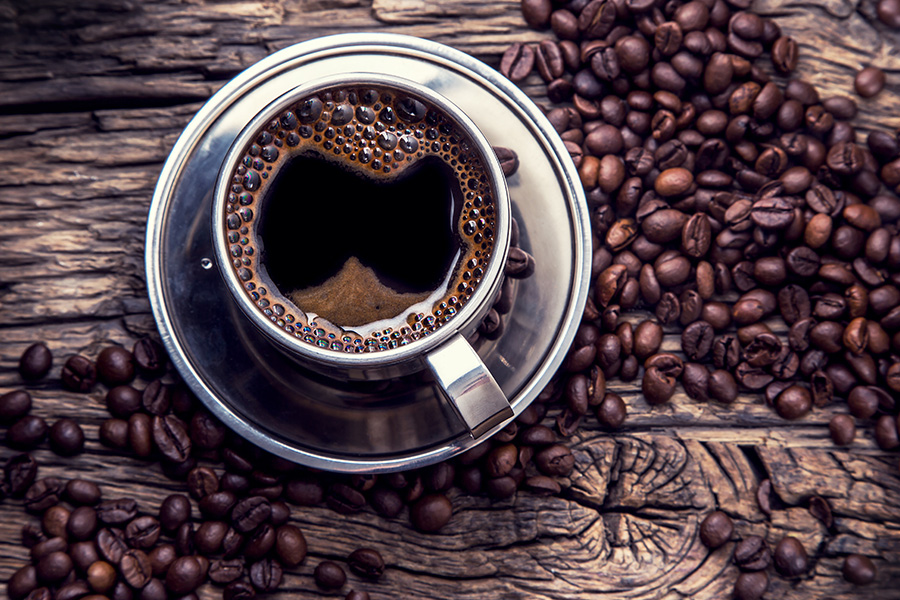(Provided by Professor Yu-Kai Chang and his team from the Department of Physical Education and Sport Sciences)
Elite athletes continuously face high levels of pressure, leading to frequent experiences of anxiety, tension, and unease. These negative psychological states adversely affect athletic performance, making the mental health of athletes a critical area of concern. Identifying effective psychological strategies to improve both mental health and athletic performance has thus become a noteworthy issue within the field of sport psychology.
To investigate the benefits of different psychological strategies on athletes’ mental health and the potential underlying neural processes, a research team lead by Dr. Yu-Kai Chang conducted a randomized crossover experimental design involving 35 track and field athletes. The study compared the immediate effects of a single 30-minute session of guided mindfulness practice versus passive self-guided muscle relaxation practice on anxiety, and positive and negative emotions. From an electroencephalographical perspective, the study analyzed the neural processing mechanisms during different forms of psychological strategies. The results indicated that, compared to aimless rest, athletes engaged more cognitive resources in the prefrontal cortex during both guided mindfulness and self-guided relaxation practices, significantly reducing their negative psychological states post-practice. This research provides a basis for athletes to choose appropriate psychological strategies, enabling them to effectively improve mental health and personal performance during training and competition.
Challenges Faced by Elite Athletes
Since the 2021 Tokyo Olympics, the issue of mental health in athletes has garnered increasing attention from the public. As time progresses and the intensity of competitive sport rises, the pressures on athletes continue to escalate. In addition to rigorous training and high-stakes competitions, athletes frequently confront various stressors, including financial concerns, interpersonal relationships, media scrutiny, injury rehabilitation, and academic responsibilities for student-athletes. Notably, athletes are often expected to discard traits such as weakness or fear, and display instead physical strength and mental resilience. Such stereotypes inadvertently exacerbate the underlying stress athletes experience. Consequently, maintaining the mental health of athletes has become crucial for modern sports development.
Psychological Strategies for Enhancing Performance and Mental Health
“Psychological skill training” (PST; e.g., relaxation training, self-talk, imagery training) is currently the most commonly used psychological intervention strategy among athletes in the competitive field to enhance both performance and mental health. Recently, increasing research attention has been directed towards the benefits of “mindfulness-based interventions” (MBI), a novel psychological skill training method. However, there remains considerable debate and room for exploration regarding which approach yields the best outcomes for improving mental health and enhancing athletic performance. Comparing the immediate effects of MBI and PST on psychological states can provide direct insights into the practical benefits of each method, thereby aiding athletes in their selection of psychological strategies. Moreover, the potential differences in brain state changes during the implementation of these two psychological strategies warrant further investigation. To address these questions, Dr. Chang’s team embarked on a study, with the findings published in 2023 in the journal, Psychology of Sport and Exercise.
Say Goodbye to Anxiety and Negative Emotions with Focused and Properly Applied Psychological Strategies
This randomized crossover trial revealed that athletes who engaged in a 30-minute session of either guided mindfulness practice or self-guided relaxation practice experienced a more immediate reduction in anxiety and negative emotions compared to when they aimlessly rested with their eyes closed for 30 minutes. During both guided mindfulness and self-guided relaxation, an increase in theta waves in the prefrontal cortex was observed (Figure 1). This indicates that athletes recruited more cognitive resources during these brief psychological strategies, which helped them cope with their negative psychological states. The results of this study provide preliminary evidence comparing MBI and PST, suggesting that athletes can effectively improve their immediate mental health through focused and proper application of either mindfulness meditation or passive self-guided muscle relaxation. By doing so, they can continuously perform at their best in competitive sports.
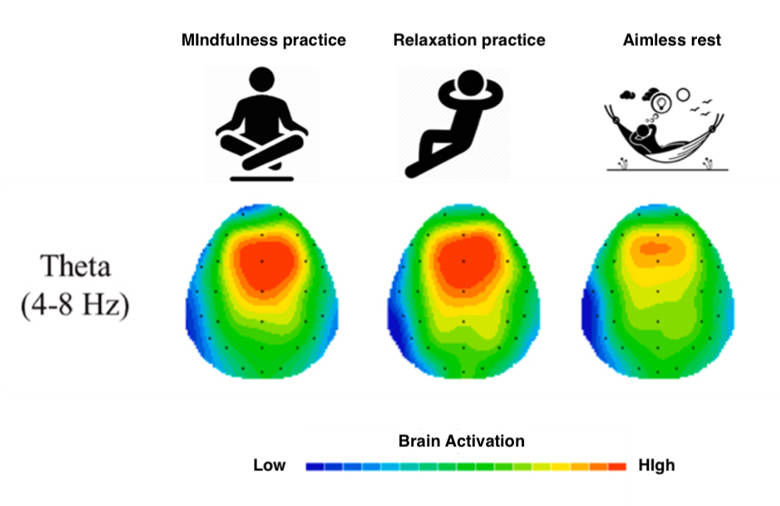
Figure 1: Compared to aimless rest, athletes exhibited increased frontal theta wave activation during both guided mindfulness and relaxation practices. This suggests that athletes, by focusing on the guidance provided during these practices, continuously recruited more cognitive resources.
Source: Nien, J. T., Gill, D. L., Chou, T. Y., Liu, C. S., Geng, X., Hung, T. M., & Chang, Y. K. (2023). Effect of brief mindfulness and relaxation inductions on anxiety, affect and brain activation in athletes. Psychology of Sport and Exercise, 67, 102422. https://doi.org/10.1016/j.psychsport.2023.102422

